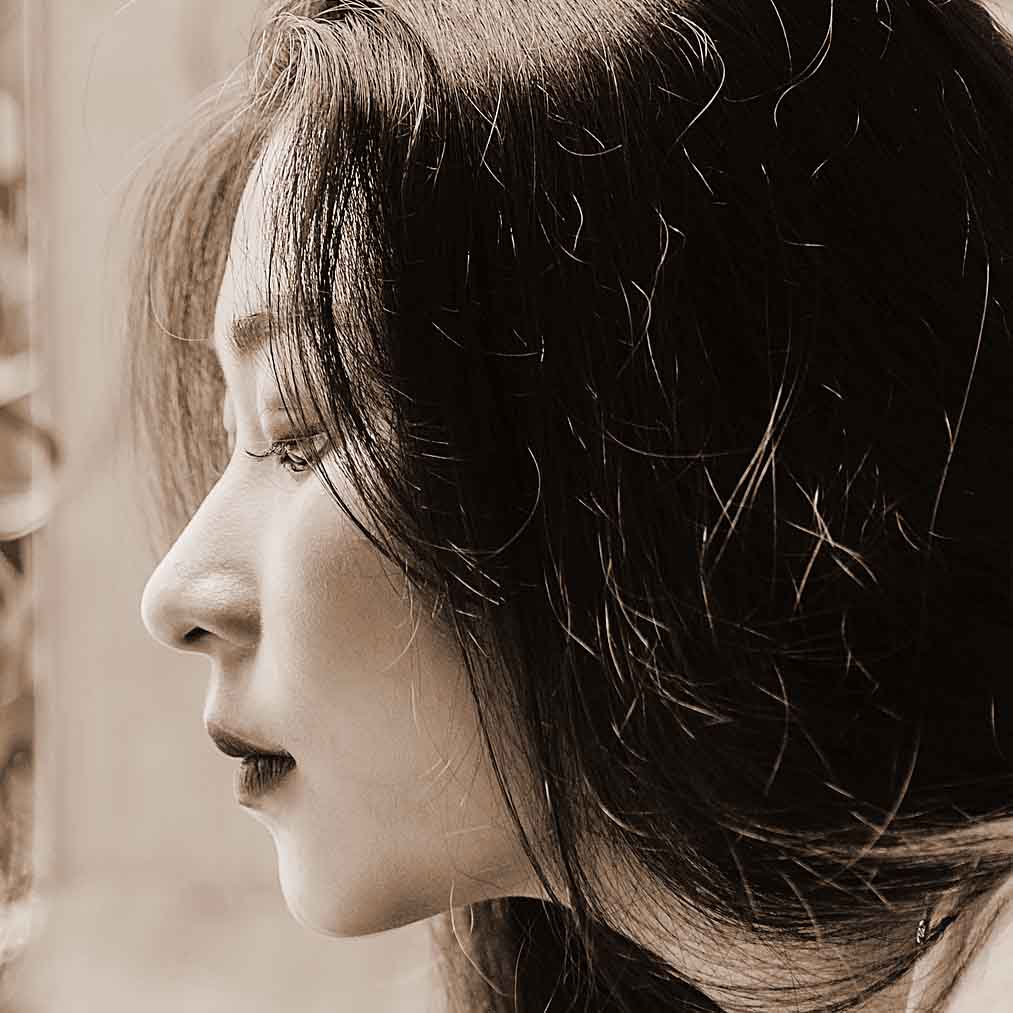Three reasons why Killing Eve Series 2 was bound to fall flat (and why it’s actually still amazing)
As Killing Eve nears its climax on BBC One, Evie Prosser considers what’s happened to the ratings winner
By Evie Prosser
What’s gone wrong with Killing Eve? That question has dominated water-cooler conversations in workplaces up and down the country over recent weeks.
| The runaway success of the first series seems not to have been replicated in its much-anticipated follow-up. |
The runaway success of the first series seems not to have been replicated in its much-anticipated follow-up.
Critics have pointed out that the new series feels flat by comparison to the first season, even though the raw ingredients remain the same.
But, as the penultimate episode airs on BBC One (you can binge-watch the whole season through the BBC iPlayer if you can’t wait), I find myself wondering if some of the problem isn’t to do with our – the viewers’ – misperceptions, rather than the quality of the drama itself. Here are three reasons why.
1. A change in writer always affects the feel of a show. And Phoebe Waller-Bridge is an impossible act to follow
Series 1 writer Phoebe Waller-Bridge is hot stuff right now. Thanks to the success of Fleabag her star has never been higher. She’s introducing a black female 007 for goodness’ sake, and being lauded for it. The woman can do no wrong.
 Which must have made things tricky for Emerald Fennell, who took over writing duties for Series 2. The Call the Midwife actor is a proven writer, whose Young Adult horror books receive critical claim and sell in good numbers. She’s known for her keen observations and stunning wit, both of which are very much in evidence in the second season of Killing Eve.
Which must have made things tricky for Emerald Fennell, who took over writing duties for Series 2. The Call the Midwife actor is a proven writer, whose Young Adult horror books receive critical claim and sell in good numbers. She’s known for her keen observations and stunning wit, both of which are very much in evidence in the second season of Killing Eve.
But her writing is always being compared to Waller-Bridge’s. In just the same way that radio listeners feel disappointed when a stand-in covers their favourite presenter’s slot during the holidays, Killing Eve’s viewers have struggled to come to terms with the replacement writer.
It’s not Fennell’s fault, and it’s certainly not that her writing is poor. In fact, there are some stunning moments in every episode of the new series (“I hope you like the missionary position” being a case in point). It’s just that she’s not Phoebe. And there’s nothing she can do about that.
2. “Difficult second album” syndrome
When you have a show that’s a breakout success, it can be difficult to maintain momentum for the return season. For many, the appeal of Killing Eve’s first series was that it felt like a fresh discovery. Watching it made you feel edgy and unusual, as if you could spot brilliant TV even when it wasn’t given mainstream attention.
By the time the second series aired, all that had changed. Viewing figures were up by millions for the first episode of Season 2 and everyone was talking about the show. Expectation levels were sky high after three BAFTA wins, and that meant the show was almost destined to feel a little flat. It’s notoriously difficult to repeat outstanding success with your follow-up project. Just ask the Stone Roses.
3. The show and its characters have an arc, and that adjusts the pacing
One of the criticisms levelled at Killing Eve Series 2 is that the characters seem to be acting differently from Series 1, that they’ve somehow fundamentally changed during the break.
| The whole story centres on their sexually charged game of cat and mouse. |
Given that the action of Series 2 kicks off about half a minute after the ending of Series 1, this could be seen as a problem.
But, hey, people change in response to events. So it would be odd if the characters in a drama didn’t follow some kind of a developmental arc in light of what they go through.
For Villanelle and Eve, the two main characters, this is very much the case. The whole story centres on their sexually charged game of cat and mouse. But once they’ve finally met face to face, as they did in the closing episode of Series 1, the dynamic, and their characters, is bound to adjust.
What we’re seeing in the second season is the natural progression of the characters, and of their stories. Their relationship has changed, and so too has the action. It’s life.
For me, that makes the series better than ever. Too often, especially in spy thrillers (the most obvious example being the Bond franchise), characters don’t change, no matter what happens to them.
But for Killing Eve, it’s all about the characters. So yes, I’d expect this series to have a different feel. They’ve been through a lot together. That’s kind of the point, duh?
Published: 25 July 2019
© 2019 Just Recruitment Group Ltd
If you enjoyed this article, you may like: Dylan disappoints, but Neil stays Young forever
You may also enjoy: Five great shows to watch over the bank holiday weekend

